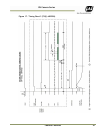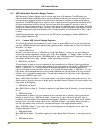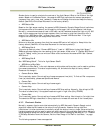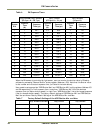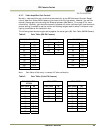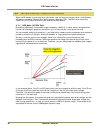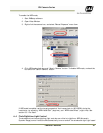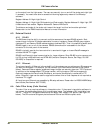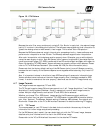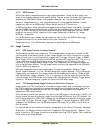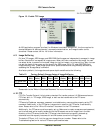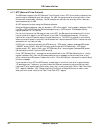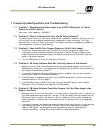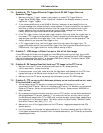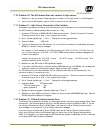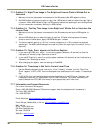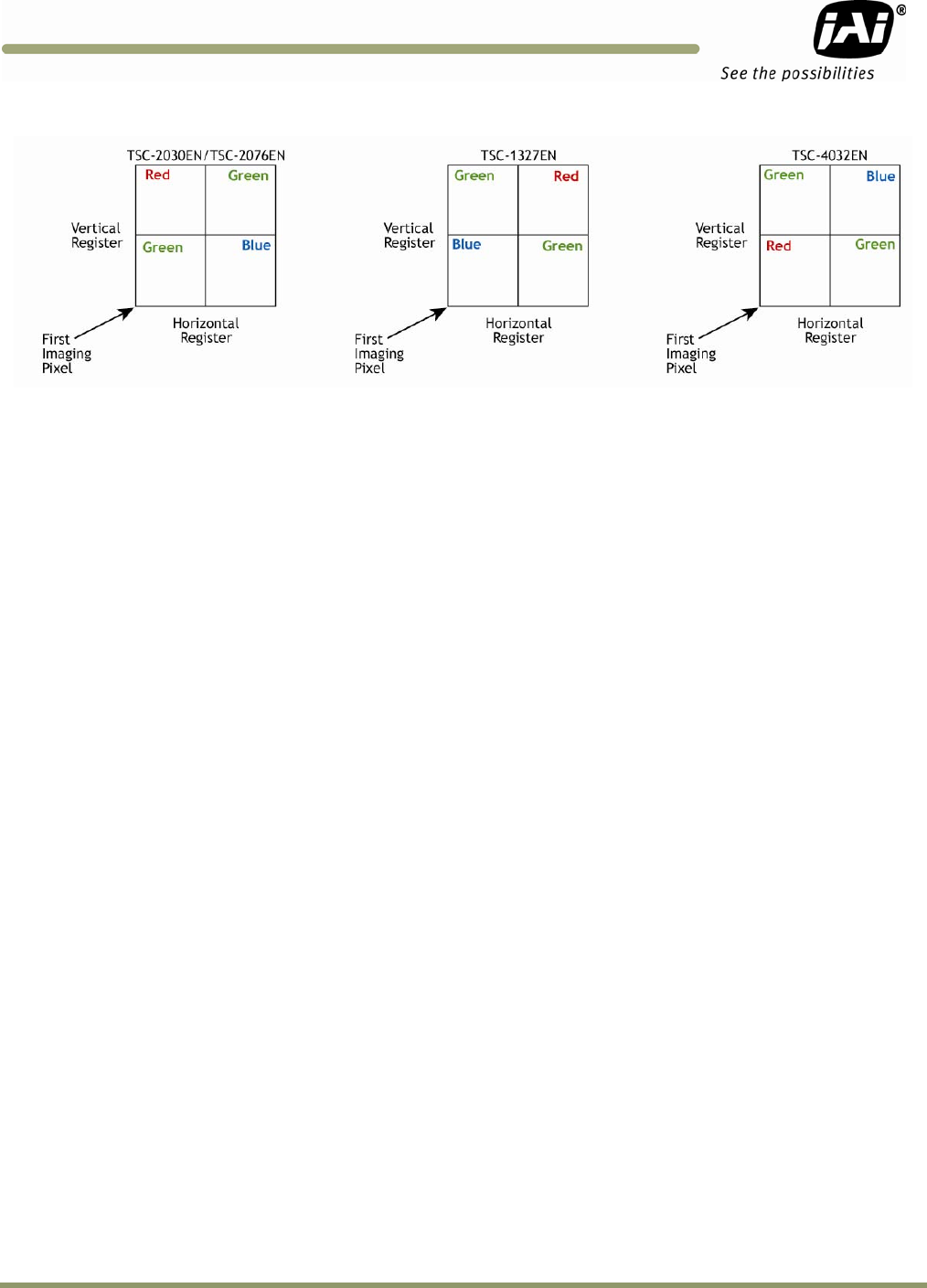
Camera Features 49
EN Camera
Series
Figure 18. CFA Pattern
Because the color filter array contains only a single R, G or B color in each pixel, the restored image
has to fill in colors in the missing pixel locations. The software uses neighboring pixel information to
"guess" the missing colors to make smooth, clear images. This is called "color interpolation."
Because the EN Camera does not contain internal color-processing circuitry, viewer software must
perform color interpolation on host PC side. The EN setup software supports color interpolation.
After color interpolation, white balance must be properly done. Otherwise, gray or white objects
cannot be seen as gray or white. Each EN Camera (color) camera is calibrated in simulated daytime
condition and each image (TIF/JPEG) transferred to host PC contains Rgain and Bgain with regard to
Green. By decoding TIF/JPEG header, Viewer software can properly perform white balance. Please
refer to "LC To EN Interface Document" (Doc number 69-1198) for more information (color).
Please note that the factory default setting of the EN Camera (color) turns off Gamma correction,
because the non-linearity of the Gamma response curve degrades white balancing. Only linear LUT
is used.
Also, it is important to keep in mind that a lossy JPEG encoding will cause color information loss.
Viewer software cannot reconstruct the color image properly after it has been encoded to JPEG
format. In order to reconstruct the color properly, users must use the raw TIF image format only.
6.7 Image Formats
Two image formats are supported; TIF and JPEG.
The TIF Format image is always ON, and users cannot turn it off. "Image Acquisition 1" and "Image
Acquisition 2" config registers (Address = 3 and 9, respectively) control which image format to
choose. Multiple image formats, such as both TIF and JPEG, can be selected.
Whether you choose TIF or JPEG format, images sent by the EN cameras contain additional
information other than just pixel information. TIF/JPEG header includes ADR information (shutter,
gain, Vtop, Vbottom), TimeStamps, Network setting (IP address, MAC address), Error status, and
much more. Please refer to the "LC to EN Interface" document for details concerning TIF tagging.
6.7.1 TIF Format
The uncompressed (or raw) TIF format is the best choice to maintain the accuracy of the pixel
information for further image analysis and processing.
For the EN Camera (color) model, the user should deal only with the TIF format image, because
detailed color pixel information will be lost in the JPEG format image.
Please refer to the "LC to EN Interface" document for the detailed TIF header.



